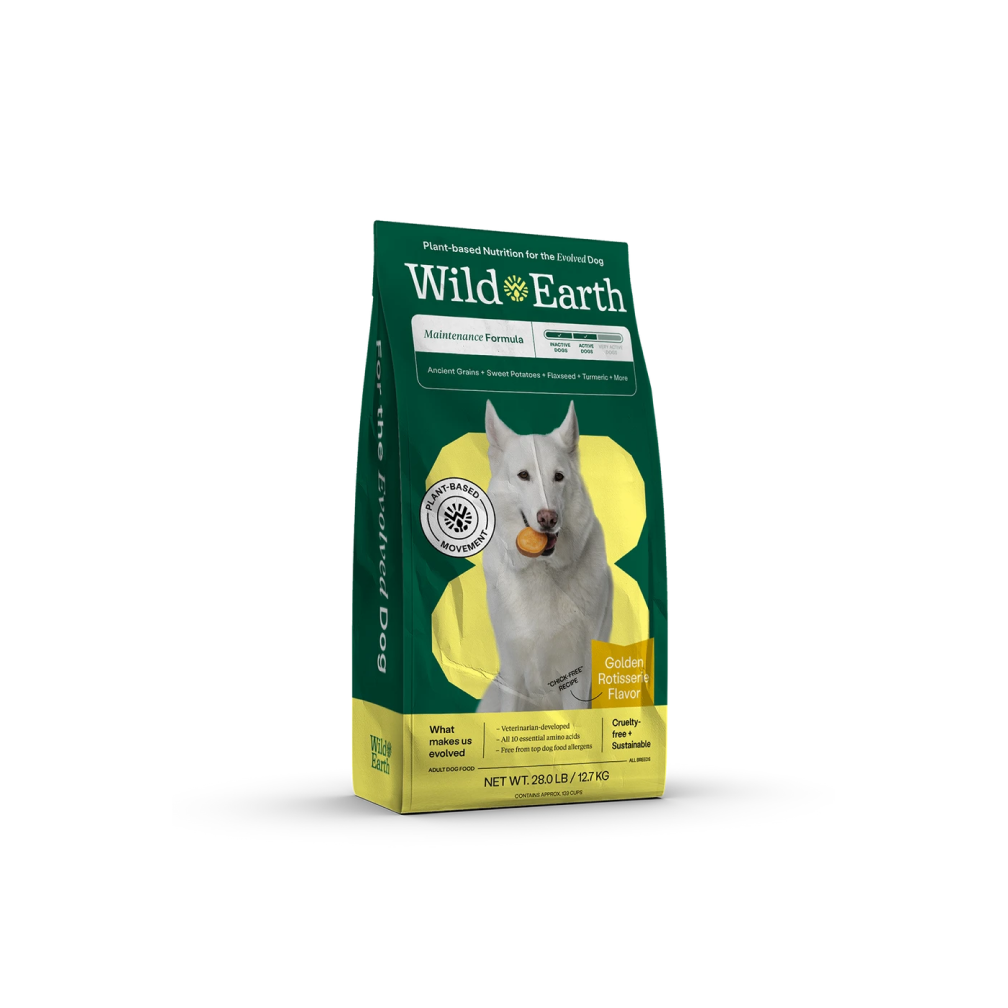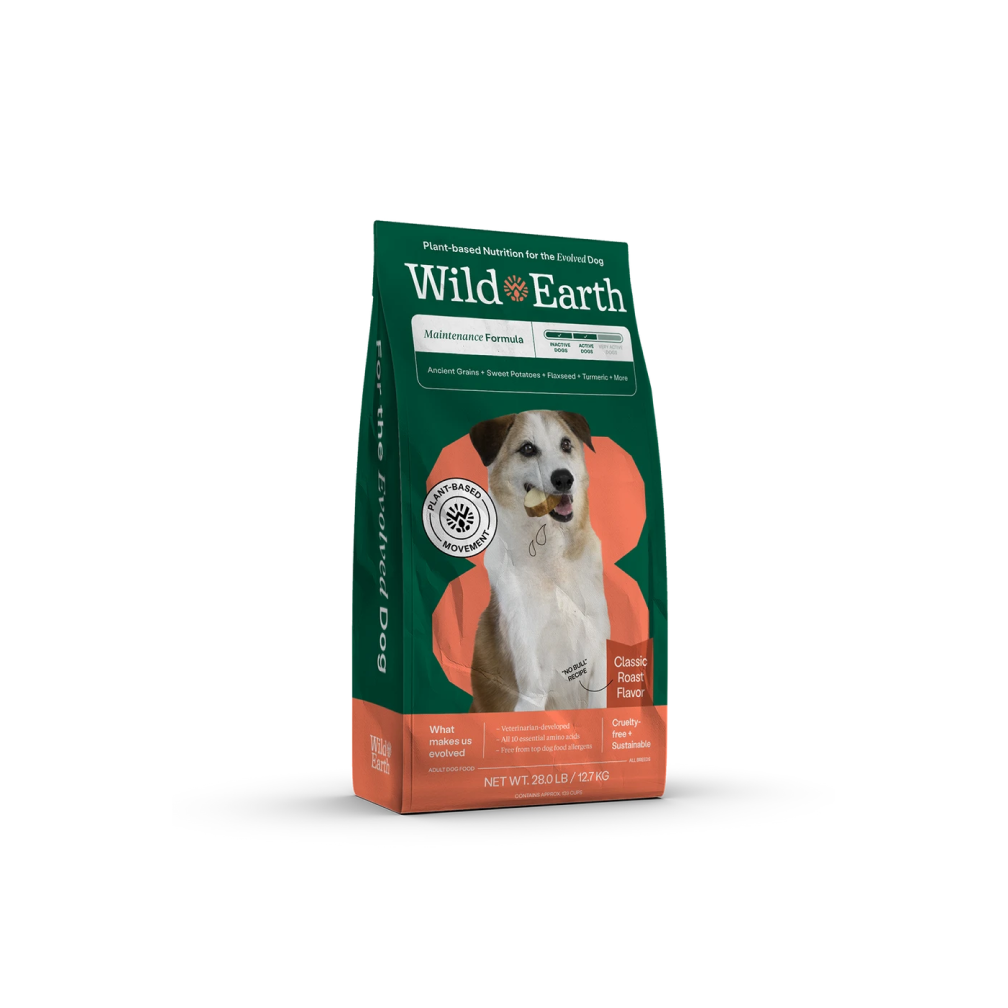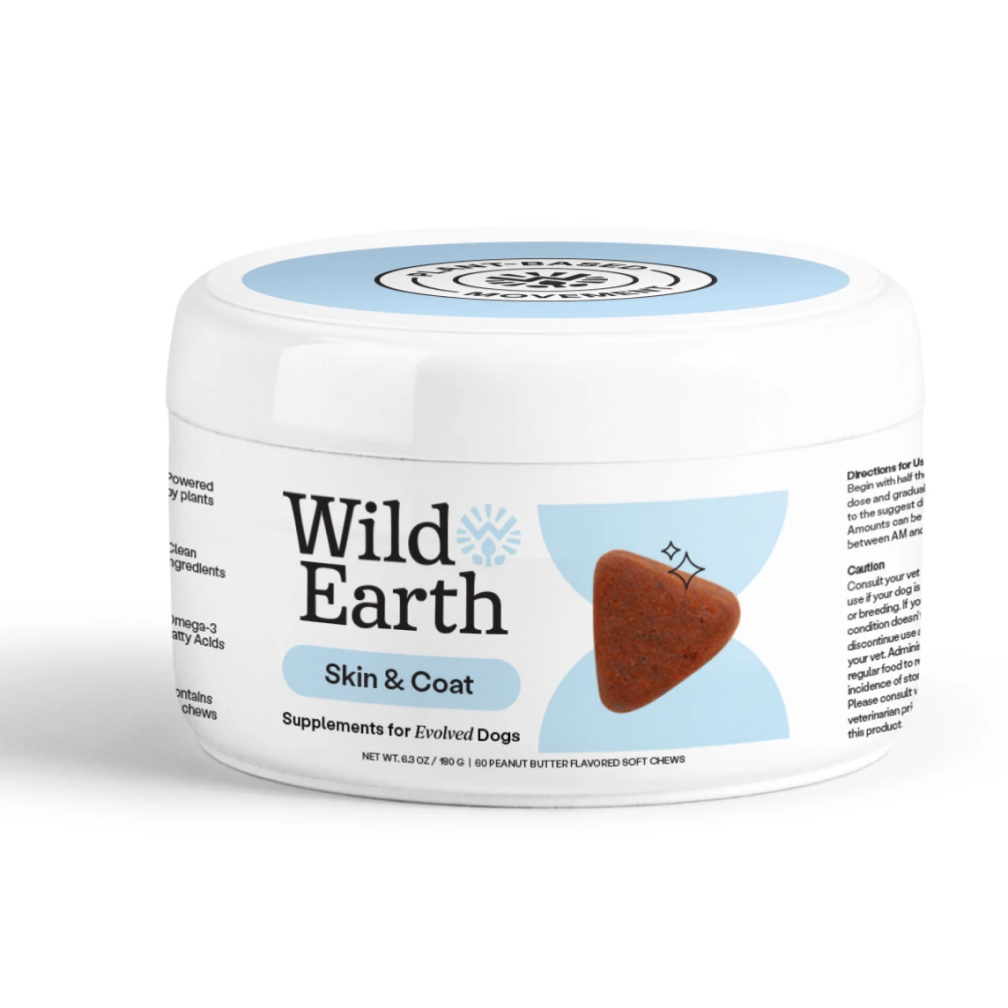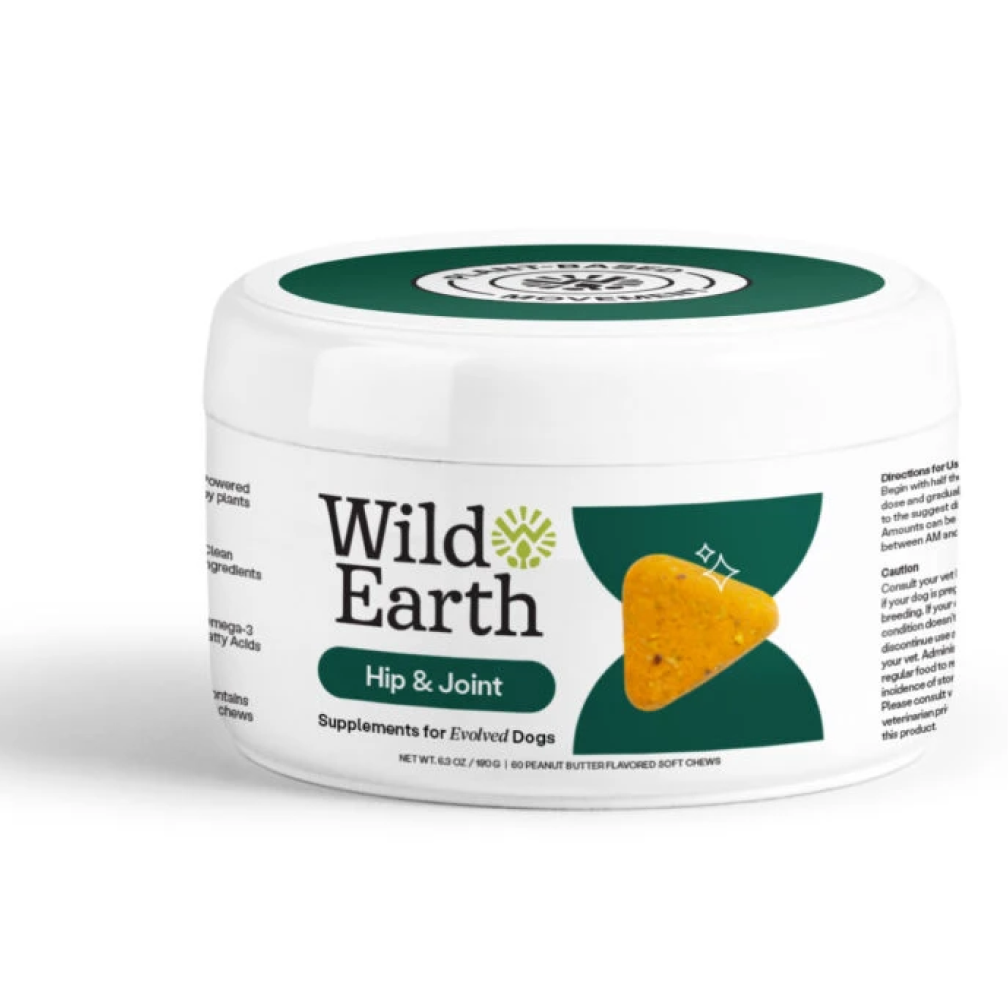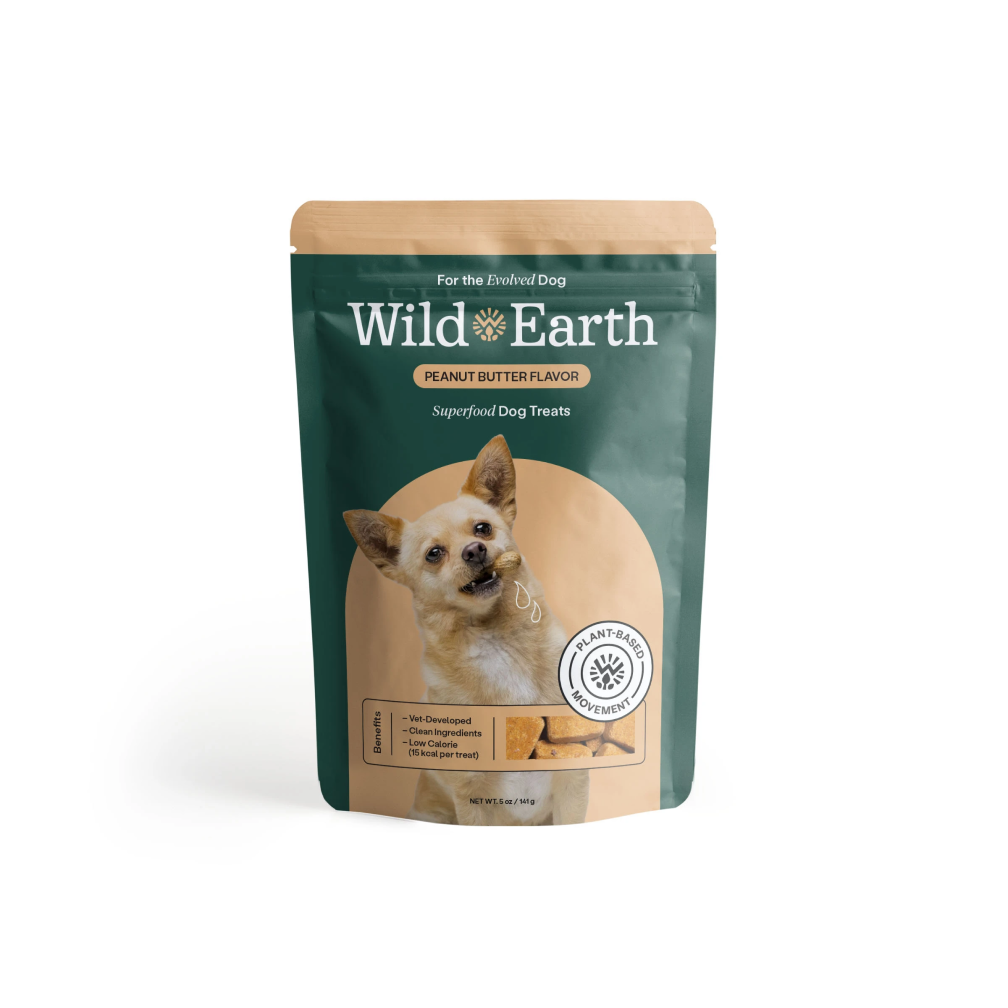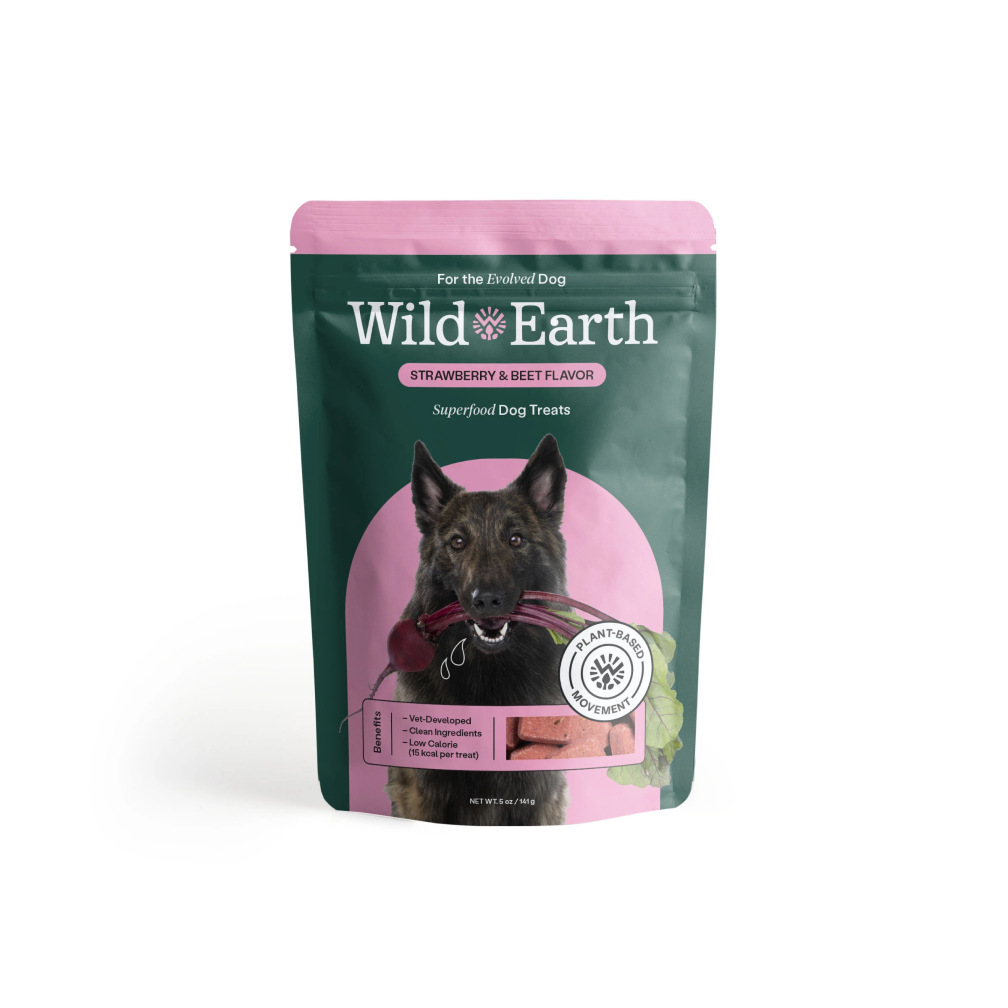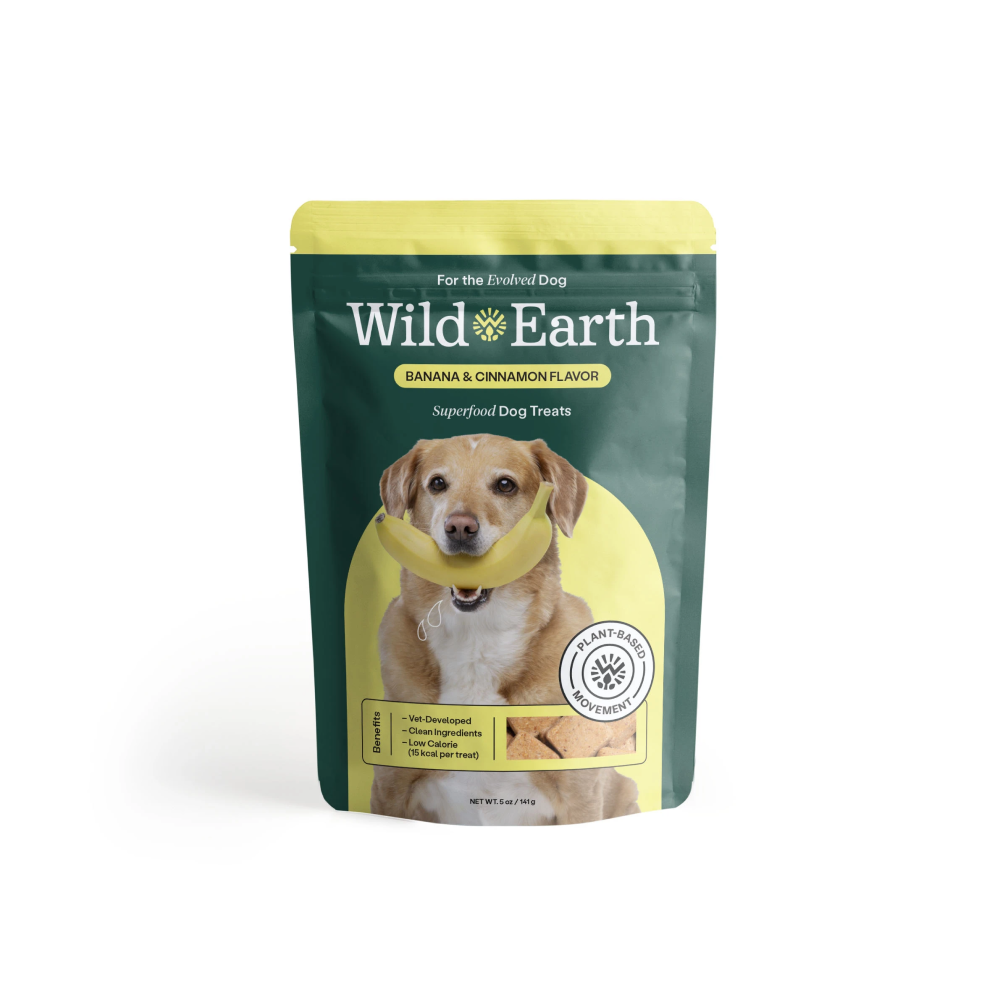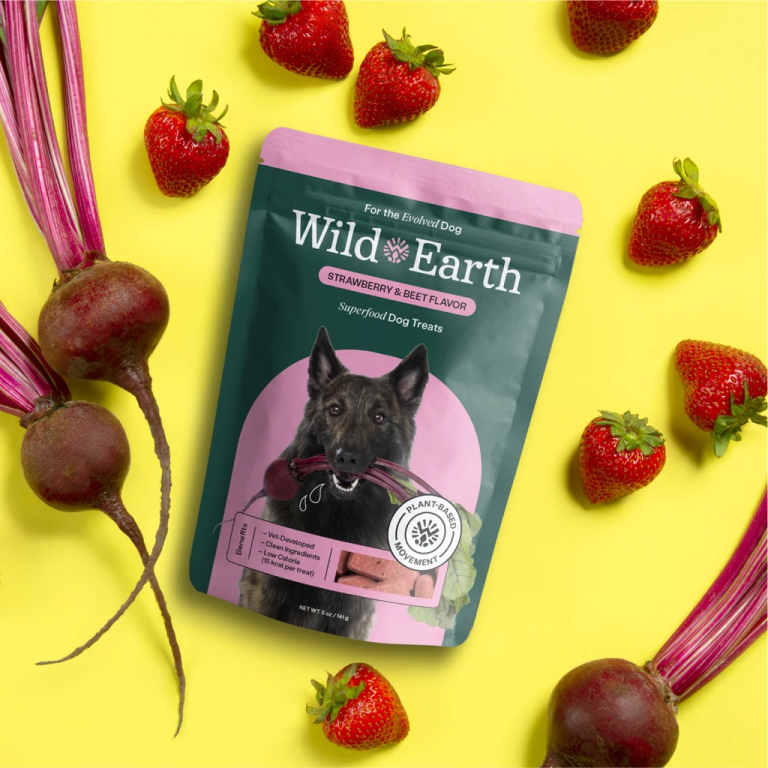Many healthy eaters enjoy ginger in their cooking or drinks, but can dogs eat ginger? Ginger is a spice that has been used for centuries to help treat many ailments. The ginger root is often ground into a powder and made into tea, ginger ale, or ginger cookies. In addition to being consumed as food, ginger can also be used as medicine. It's no wonder then that the question of whether dogs should eat ginger may come up. In this article we will talk about if it is safe for dogs to eat ginger.
What Are The Common Uses Of Ginger?
Ginger is often used to treat nausea and ginger can also be taken as a supplement for health benefits. Ginger may help with digestion by stimulating the muscles of your stomach, including those that line it. This stimulation makes the muscle contractions move food through more quickly so you feel better after eating a meal or snack.
Ginger has been shown in studies to improve circulation because ginger contains gingerols which are natural substances found in plants such as ginger and turmeric (another beneficial herb). In addition to boosting blood flow throughout the body, gingerols have anti-inflammatory effects on various parts of the body such as joints, skin tissue, and areas close to nerve endings.
Ginger is used in cooking and can be found as an ingredient for many popular dishes. Ginger's medicinal properties are a mixture of ancient folk remedies and more modern usage. Ginger has been known to help alleviate the symptoms of nausea, vomiting, morning sickness during pregnancy, arthritis pain, or joint pain from inflammation.
Ginger also treats indigestion problems like stomachache caused by eating too many fatty foods or drinking alcohol. It may also relieve colds due to its antihistamine qualities that reduce coughing. Ginger helps regulate blood sugar levels so it might be good for diabetic patients who want something sweet without spiking their insulin levels which could lead to low blood sugar later on.
Ginger can be used as spice or seasoning, and it's often found in sweet recipes like gingerbread. Ginger can also be added to dishes for flavoring after they have been cooked.
Does Ginger Have Health Benefits For Your Dog?
If ginger is eaten in small, regular doses as a medicinal herb for humans, then it may be helpful to dogs too. Ginger has been shown to have the potential of aiding with nausea and indigestion which would make ginger safe enough to consume on an occasional basis or when needed. However ginger does not stop motion sickness like Dramamine or Bonine so if your dog gets carsick frequently ginger will not help them much.
Ginger is a safe and healthy addition to your pet's diet. It provides them with gingerols, which have anti-inflammatory effects that can help reduce pain or swelling from arthritis or other conditions. Some people also believe ginger helps dogs avoid motion sickness because it has gingerols in common with medications such as Dramamine® used for this condition in humans.
However, too much ginger could lead to stomach upset and diarrhea—particularly if you give your dog large amounts of fresh ginger at once, so be sure not to overdo it! This is why it's best to consult with the veterinarian before adding any new food items into their daily regimen. If you are going on vacation and do not want to leave your pup behind this might be worth asking your veterinarian about before leaving just in case they can't come along for the ride but don't want their stomach getting sick from car rides either.
Side Effects Or Risks Of Eating Too Much Ginger
Ginger is high in gingerol which can irritate the lining of your dog's gastrointestinal tract if ingested too much. Finger also contains citric acid which can cause gastric upset
It is unsafe for dogs to consume raw or undercooked ginger since it could make them sick or kill them. If you're going to cook with ginger be sure that it has been cooked at least two minutes before adding any other ingredients.
Ginger tea may not have enough heat applied during cooking so avoid giving this as an option unless you boil it beforehand.
Too much ginger may include stomach upset, nausea, and ginger can cause a ginger rash that is characterized by red bumps on the skin.
Dogs may be allergic to ginger so it's important to discuss this with your vet before feeding ginger in quantity to dogs.
Ginger provides natural health benefits for humans like easing symptoms of osteoarthritis or lowering cholesterol levels but these effects are not well studied when used as food additives in dogs.
Ginger also contains insoluble fiber which could lead to blockages if consumed too much at one time; again, this should be discussed with a veterinarian first."
The amount of ginger a dog should eat depends on their weight, the smaller they are, the less ginger you need to feed them.
How To Safely Give Your Dog Ginger
Ginger can be given in a few ways. Dogs can eat ginger cooked, and it is often found in the form of powder.
- Ginger can be given to dogs in ginger biscuits or ginger snaps. Ginger can also be put into their water as long as it is mixed thoroughly with the water and not done daily, since ginger may cause stomach upset when consumed too often.
- To give your dog ginger, measure out one teaspoon for every ten pounds of weight (or two teaspoons per twenty pounds). Feed them ginger by sprinkling it on their food or put into water that they drink.
- Ginger can be given to dogs by making ginger tea or adding ginger powder. Other ginger products, such as ginger candy or gingerbread, can also be given to dogs.
- Make the tea by boiling water and adding one teaspoon of ground ginger for every cup of hot water. Allow it to steep before giving your dog a small amount at a time until they have had the full dose; do not give them more than four cups in 24 hours.
Other Related Dog Articles








